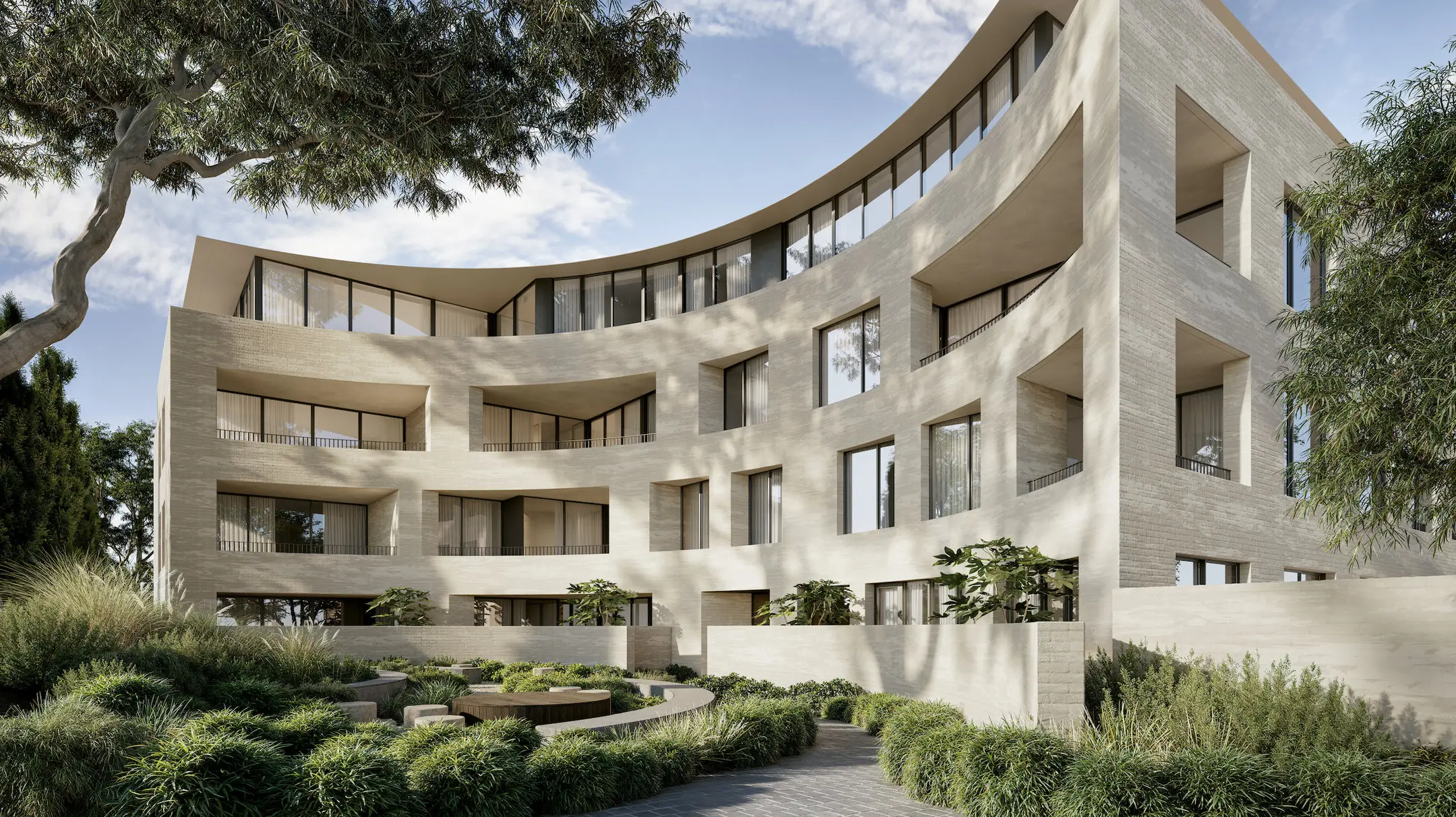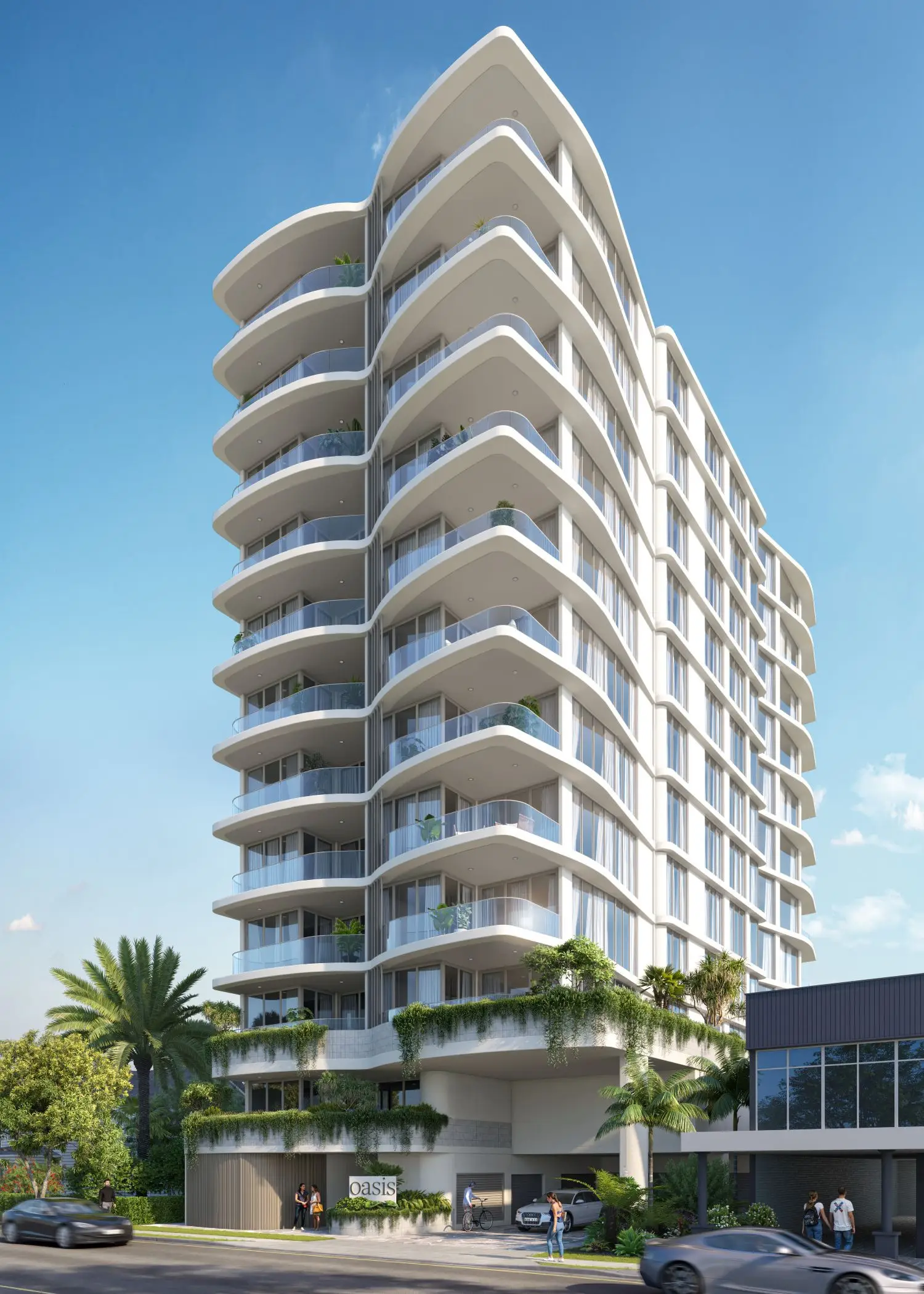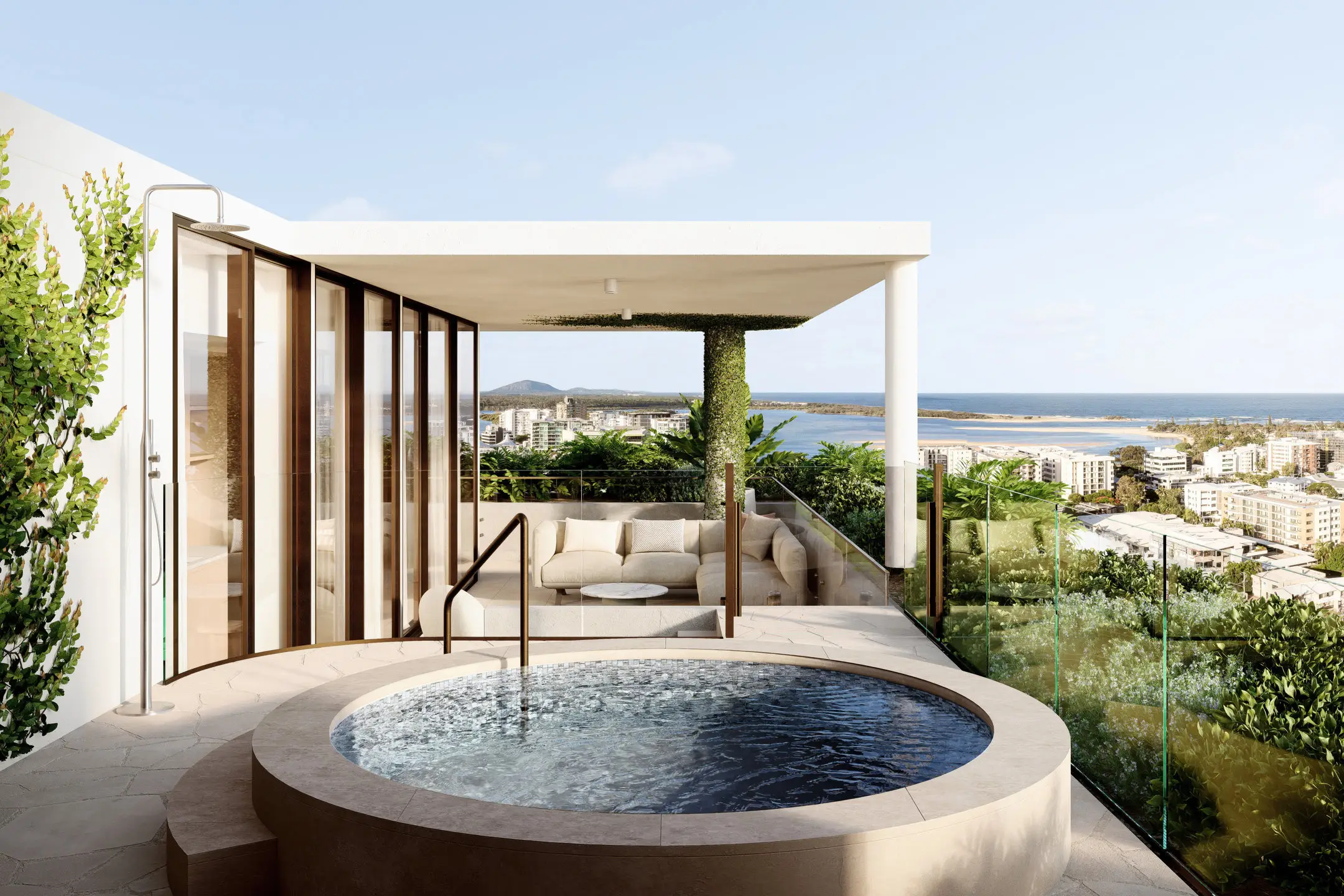
With the price of property ever-increasing, it appears there may be a solution on the horizon — buying ‘bricklets’.
Adelaide is the first state in Australia to pilot a new scheme that allows people to buy part of a property for a fraction of the cost, making it more affordable for those who want to invest in the housing market.
So how does it work? Well, international technology firm The Lakeba Group breaks the title of the house into ‘bricklets’, allowing potential buyers to purchase parts of the property online using Blockchain technology. After the purchase, the new owners can keep or trade their ‘bricklets’ as shares.

For example, if the developer is selling a $400,000 apartment, they can choose to break up the title of the property into 20 ‘bricklets’, and then sell those for $20,000 each.
The idea of buying a slice of the Adelaide property market for a fraction of the cost is expected to appeal not only to more mature investors but also millennials who can’t afford to buy a whole property.
This scheme not only tests the viability of selling sections of a property, but also the usability of blockchain.
The technology offers a form of shared record-keeping, which is designed to be difficult to tamper with. Its decentralised peer-to-peer platform also inhibits the spread of corrupted information and boosts the resistance to fraud in the marketplace.

Not only this, but it will make the process of purchasing and selling more efficient. Most real estate transactions are still conducted through wire transfers and require costly verification processes that can take days to complete. Blockchain-based transactions could enable a streamlined process which delivers quickly and reduces costs.
The lack of intermediaries, from brokers to escrow companies, could also prove an added bonus to this scheme. Records could be stored, verified and transferred using just the blockchain technology.

The South Australian government has welcomed the initiative and has allowed two apartments on Angus Street in central Adelaide to be the first to be sold as part of the program. If it’s successful, we may see the concept being more widely used across Australia.


